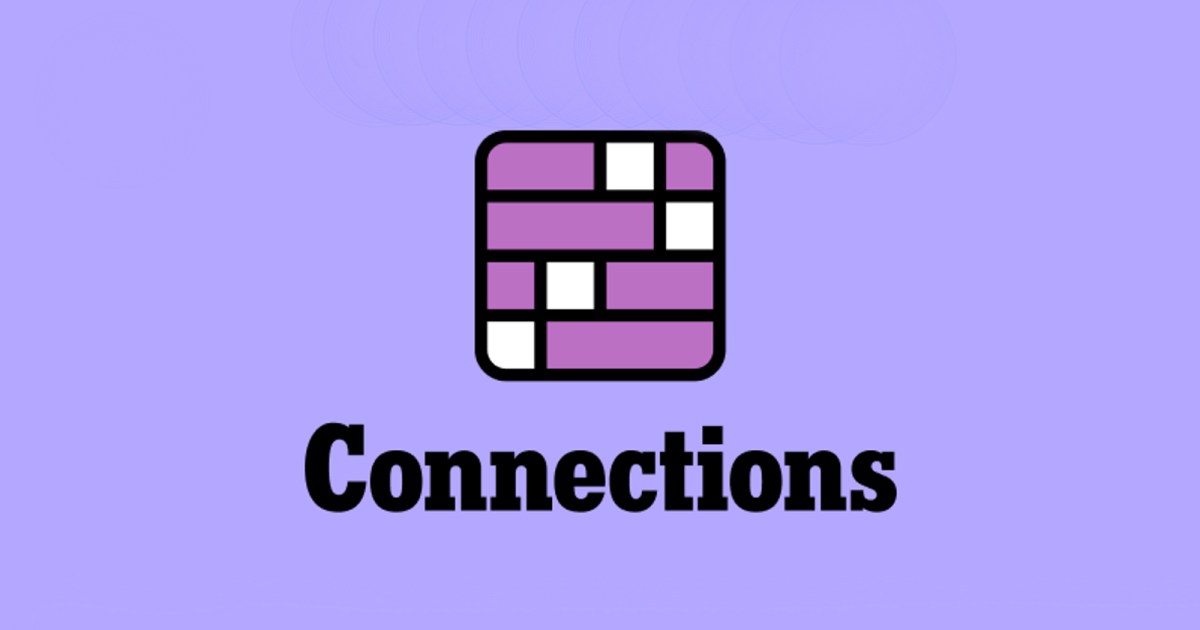
This week was marked by significant developments in the tech industry, featuring major events from OpenAI and Google. OpenAI’s spring update event showcased the introduction of its new model, GPT-4o, which is designed with voice and vision capabilities, transforming ChatGPT into a virtual assistant that rivals the capabilities of science fiction. Following OpenAI’s announcement, Google’s I/O conference dazzled attendees with a series of announcements and integrations for its flagship model, Gemini.
In an unexpected turn of events, AWS CEO Adam Selipsky announced his departure, with AWS sales chief Matt Garman set to take over. Simultaneously, OpenAI’s landscape changed as co-founder and long-standing chief scientist Ilya Sutskever, along with Jan Leike, left the company, passing the baton to Jakub Pachocki, OpenAI’s director of research.
Meta also stirred the industry with news about shutting down its enterprise communications business, Workplace, prompting speculation about the company’s seriousness regarding its enterprise ambitions.
The week was also filled with a plethora of announcements emphasizing the increasing integration of AI in various tech sectors. Google seemingly couldn’t get enough of AI, mentioning it over 120 times during its I/O keynote presentation. OpenAI’s GPT-4o’s capabilities to mimic human conversation and translate languages in real-time underline the rapid advancements in AI technology.
Microsoft is on the verge of launching its custom Cobalt 100 chips, indicating a significant leap in processing capabilities, while Sony Music took a firm stance against unauthorized use of its content for training AI, sending warnings to over 700 tech companies and music streaming services.
The scourge of SIM swap attacks continued to plague phone users, with perpetrators employing sophisticated tactics to raid bank accounts, underscoring the ongoing battle against cybercrime. Google’s Project IDX entering open beta spotlighted the tech giant’s focus on creating a more AI-centric development environment, with over 100,000 developers already exploring its potentials.
Innovations aimed at environmental and social good were also highlighted, with startups like Spoor using AI to protect bird populations from wind turbines. Meanwhile, Apple announced new accessibility features, expanding the usability of its devices for people with disabilities.
The potential for Instagram Threads to serve as an alternative to TweetDeck, especially after the latter was put behind a paywall, signifies the evolving landscape of social media tools.
Analytical pieces pondering the seriousness of Meta’s venture into enterprise solutions and exploring the narrative behind Mark Zuckerberg’s apparent style transformation pointed towards the broader cultural and strategic shifts within major tech companies. Lastly, Tesla’s decision to cut its Supercharger division, despite its success and profitability, raises questions about the future of EV fast-charging infrastructure.
These developments, from AI advancements to strategic corporate shifts, not only define the trajectory of the tech industry but also reflect the broader interplay between technology, business strategy, and consumer expectations.
Source






